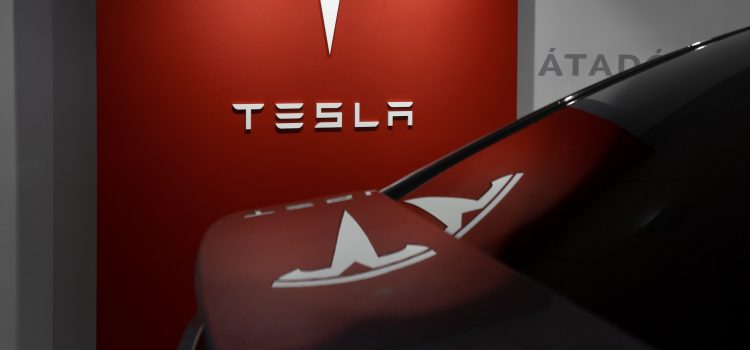
The automotive industry is abuzz with the results of the highly anticipated J.D. Power Initial Quality Study, as Tesla takes a significant plunge, giving the Detroit 3 automakers—General Motors, Ford, and Stellantis—a newfound competitive edge. The study’s findings have triggered a fierce debate surrounding vehicle quality, customer satisfaction, and the evolving landscape of the automotive market.
J.D. Power Initial Quality Study Results:
The J.D. Power Initial Quality Study, renowned for its thorough evaluation of vehicle quality during the first 90 days of ownership, has long been a benchmark in the industry. However, this year’s results have turned heads, with Tesla experiencing a noticeable decline in rankings, while the Detroit 3 automakers make remarkable strides in surpassing the electric vehicle giant.
Detroit 3’s Resurgence in Quality:
General Motors, Ford, and Stellantis have demonstrated their unwavering commitment to improving manufacturing processes, enhancing vehicle quality, and exceeding customer expectations. The J.D. Power study recognizes their achievements, positioning them ahead of Tesla in terms of initial quality. This resurgence underscores the Detroit 3’s ability to adapt and innovate, setting new standards within the industry.
Tesla’s Quality Challenges:
Tesla, once celebrated for its groundbreaking advancements in electric vehicles, faces a challenging moment with the J.D. Power study results. The findings shed light on certain quality concerns surrounding fit and finish, software glitches, and other issues that have affected Tesla’s initial quality ratings. This decline raises questions about the company’s ability to maintain the same level of excellence in vehicle production as it scales up.
Implications for the Automotive Landscape:
The Detroit 3’s triumph over Tesla in the J.D. Power Initial Quality Study carries significant implications for the wider automotive landscape. It signifies a potential shift in consumer perception, highlighting the growing importance of traditional quality metrics in a market traditionally dominated by disruptive newcomers. The study’s results challenge the notion that innovation alone guarantees success, emphasizing the value of a comprehensive approach to vehicle manufacturing.
Tesla’s Response and Future Prospects:
Tesla has acknowledged the J.D. Power study results and has reaffirmed its commitment to continuous improvement. The company remains steadfast in its pursuit of technological excellence and promises to address any quality concerns raised. Tesla enthusiasts maintain that the brand’s long-term vision and commitment to sustainability will continue to drive its success, despite the recent setback in the study.
Industry Analysis and Outlook:
Experts and analysts have offered diverse insights into the implications of Tesla’s decline in the J.D. Power study. Some argue that Tesla’s rapid expansion and focus on pushing technological boundaries may have led to compromises in initial quality. Others believe that the Detroit 3’s resurgence is indicative of the industry’s overall maturation, where traditional automakers leverage their experience and expertise to meet consumer demands more effectively.
Conclusion:
The J.D. Power Initial Quality Study has sparked intense discussions as Tesla experiences a decline in rankings, granting the Detroit 3 automakers an opportunity to establish themselves as leaders in vehicle quality. As the automotive industry undergoes significant transformations, the battle for market dominance between disruptive newcomers and established manufacturers intensifies. This study serves as a wake-up call for Tesla, prompting the company to reevaluate its production processes and prioritize the balance between innovation and quality. The stage is set for an exciting chapter in the quality wars, as automakers strive to meet evolving consumer expectations and redefine excellence in the automotive market.










